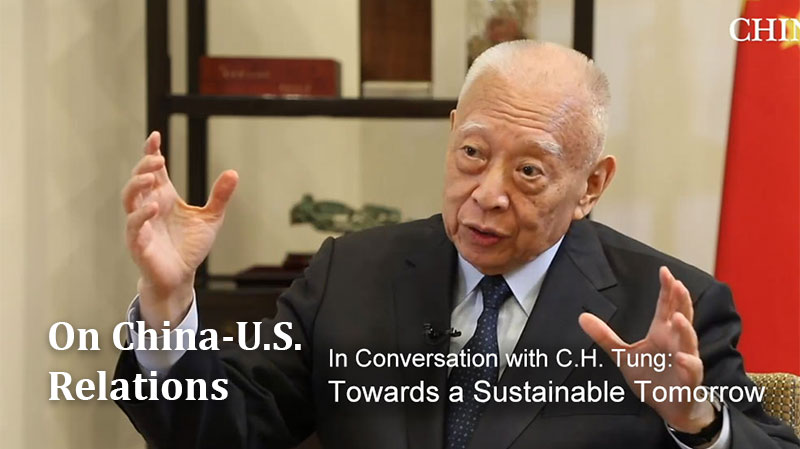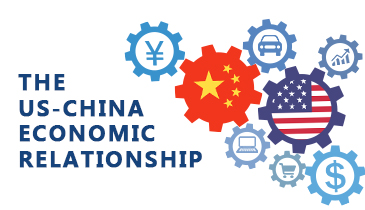
Cui Liru, Former President, China Institutes of Contemporary International Relations
Oct 09, 2017
It is well known that tremendous differences exist between China and the US, the world’s two most important countries. How can this gap be breached?

Zheng Yu, Professor, Chinese Academy of Social Sciences
Sep 28, 2017
Just as changing circumstances have altered Russia’s relationship with the US, they have also altered its relationship with China.
Sep 21, 2017
China believes that the Venezuelan government and people can resolve their problems within a legal framework and maintain national stability, Chinese Foreign Minister Wang Yi told his Venezuelan counterpart at the United Nations.

Wu Zurong, Research Fellow, China Foundation for Int'l Studies
Aug 30, 2017
President Trump’s upcoming state visit to China is a great opportunity to redefine the Sino-American relationship in light of changing realities.

CSIS, Center for Strategic & International Studies
Jul 20, 2017
On July 6th CSIS hosted an event to release a major report on U.S.-China relations written by a group of experts from some of America’s leading foreign policy think tanks.

Jared McKinney, PhD student, S. Rajaratnam School of International Studies
Jun 29, 2017
Graham Allison’s characterization of China being on a collision course with the United States, a condition he calls the “Thucydides Trap,” has been hotly debated in foreign policy circles. Jared McKinney examines the fault lines of a recent critique by Arthur Waldron, particularly taking issue with the historical evidence Waldron provides to argue that appeasement is more dangerous than measured conflict.

Jonathan Tai, Research assistant, Inle Advisory Group
May 05, 2017
National reconciliation does not just impact Myanmar’s political and economic interests; it is also important to China. As the largest neighbor and sharing the longest border with Myanmar, China has and will continue to play a prominent role in the nation’s stalled peace process..
 Drifting Apart? Prospects for Partnership and Confrontation between the U.S. and China through the L
Drifting Apart? Prospects for Partnership and Confrontation between the U.S. and China through the LWilliam Hurst, Associate Professor, Northwestern University
May 02, 2017
Every time there is a change of administration in either the United States or China, the international media is suddenly filled with speculation over how the interpersonal relations between individual leaders might affect relations between the world’s two most important countries. Such myopic gossip, however, ignores the larger structural, historical, and domestic political forces that ultimately play the leading roles in shaping the dynamics of US-China relations.
Xue Li, Senior Fellow, Chinese Academy of Social Sciences
Xu Yanzhuo, Research Fellow, Chinese Academy of Social Sciences
Mar 02, 2017
Even more than external risks, preventing the hazards and avoiding risks at home are crucial for China’s OBOR as well as the country’s peaceful rise. From deciding how much military is enough to finding ways to excite neighbors about Chinese culture, a holistic outlook is needed, that will take time to mature as policies.
Zhang Monan, Deputy Director of Institute of American and European Studies, CCIEE
Feb 15, 2017
Trade protectionism won’t bring new opportunities to the US, because the global markets have become highly intertwined and interdependent, and the new president’s massive fiscal stimulus plan conflicts with contractionary monetary policy.
China’s Foreign Policy

